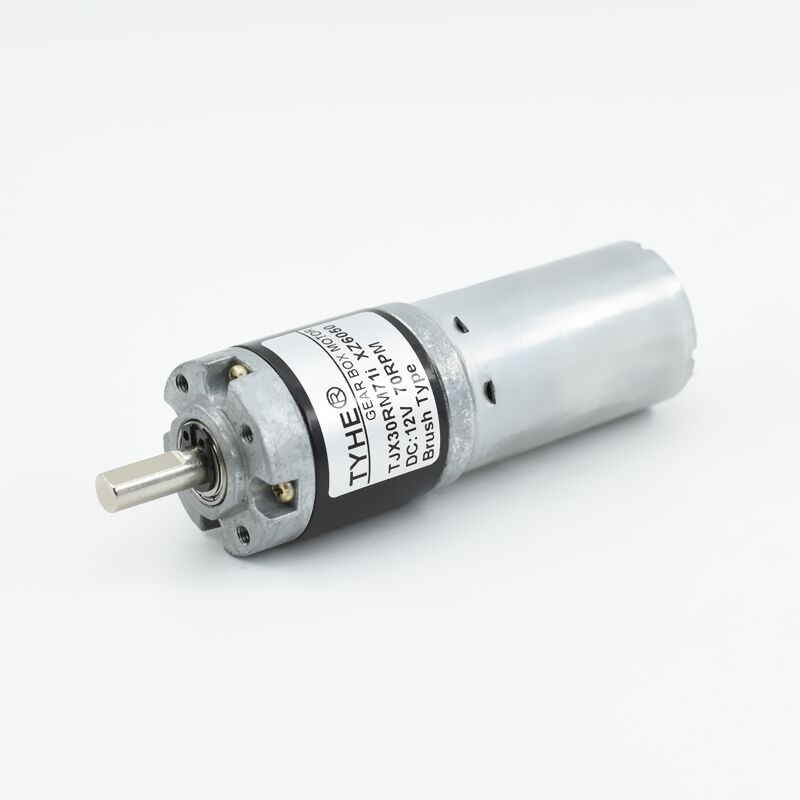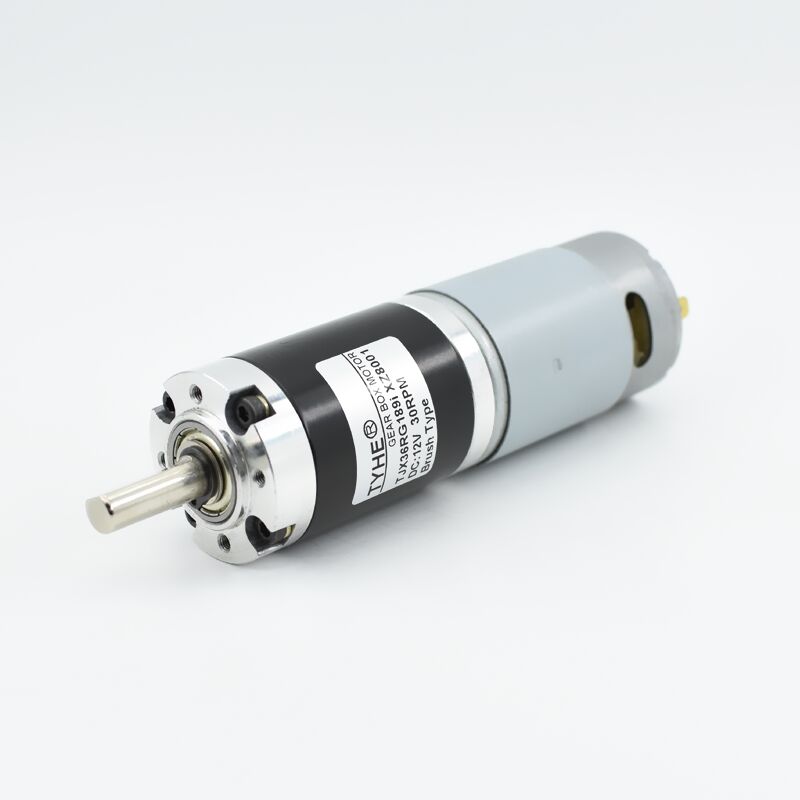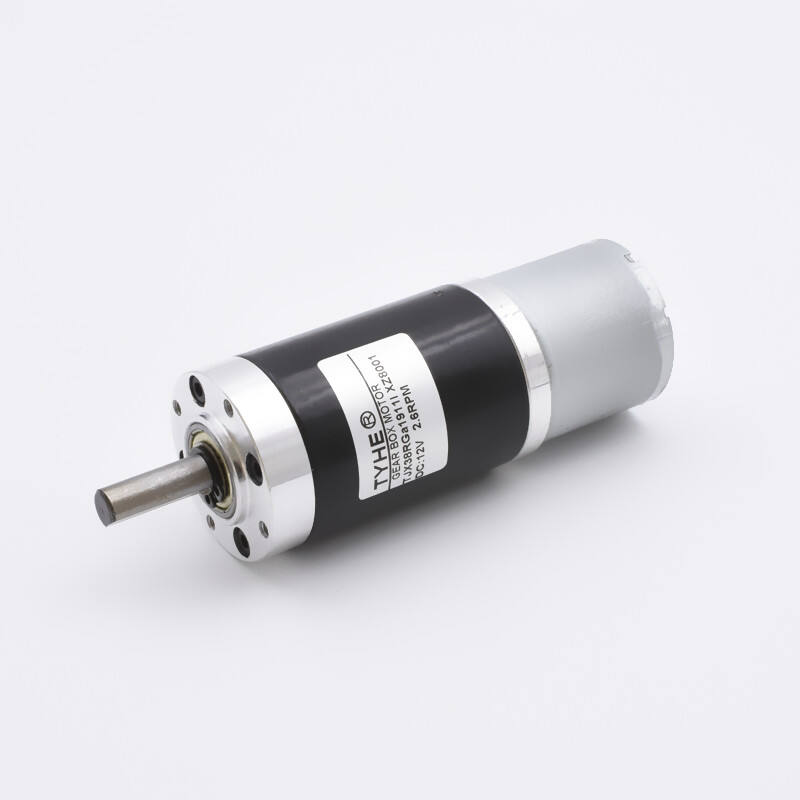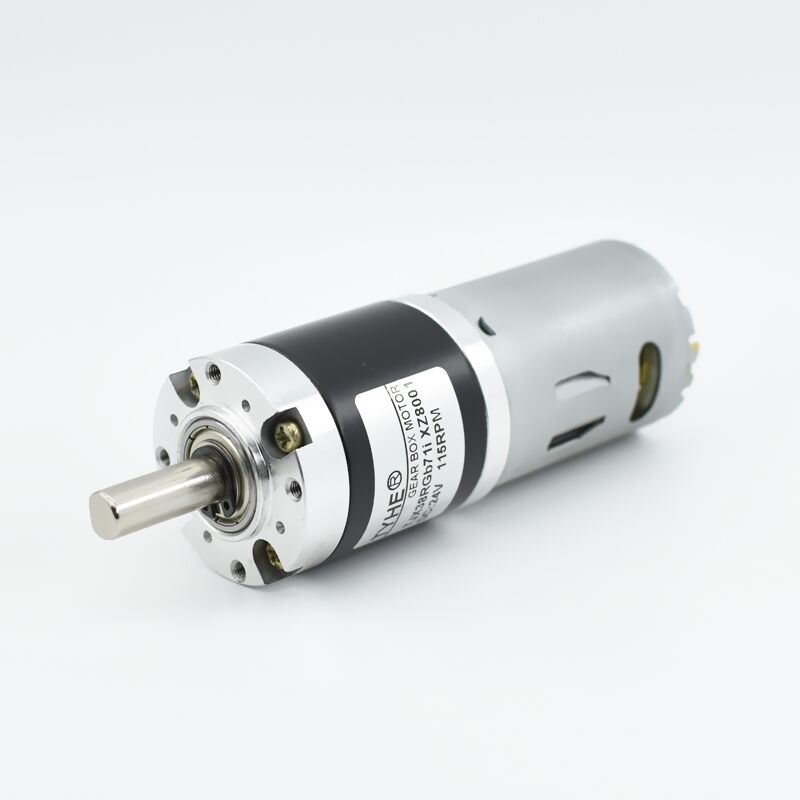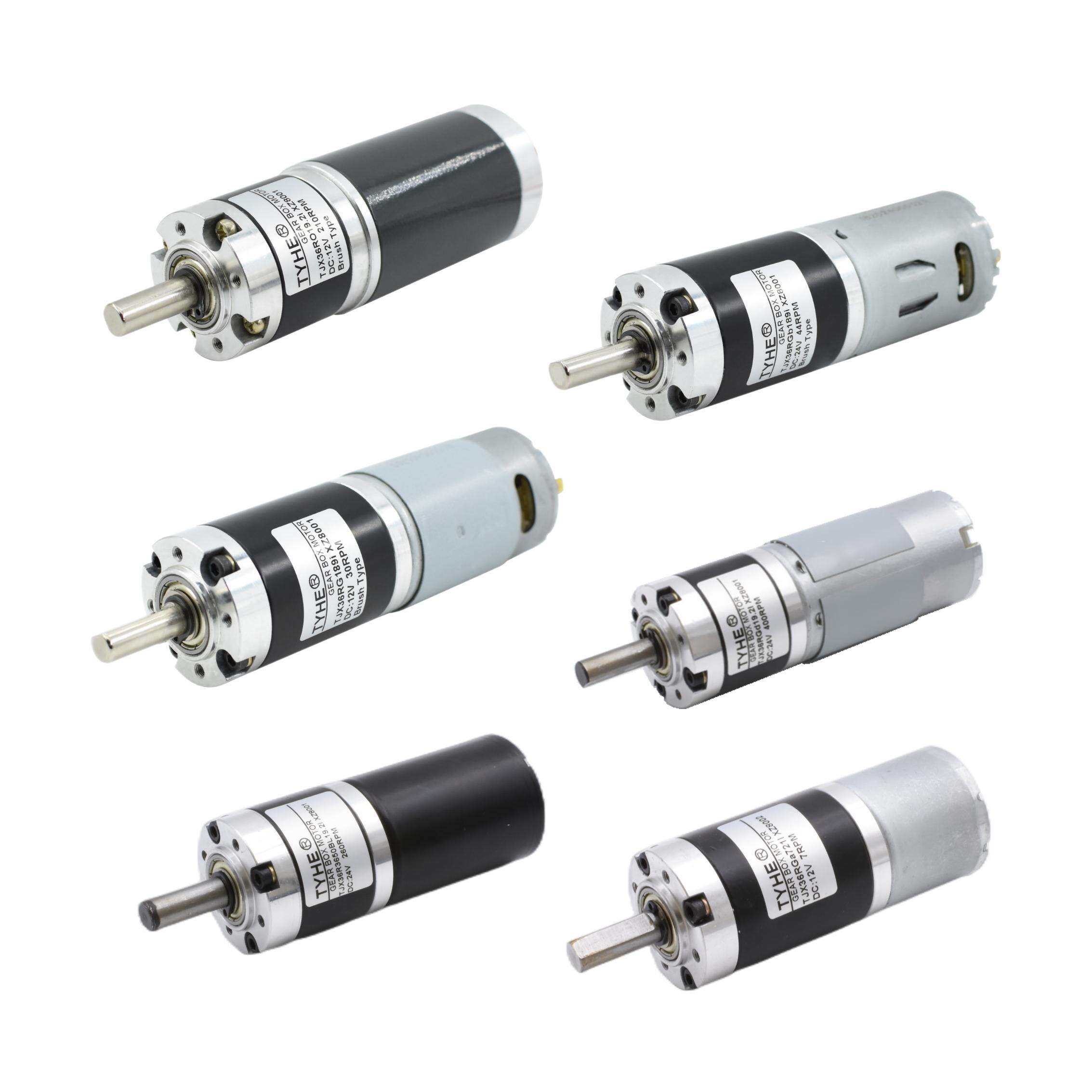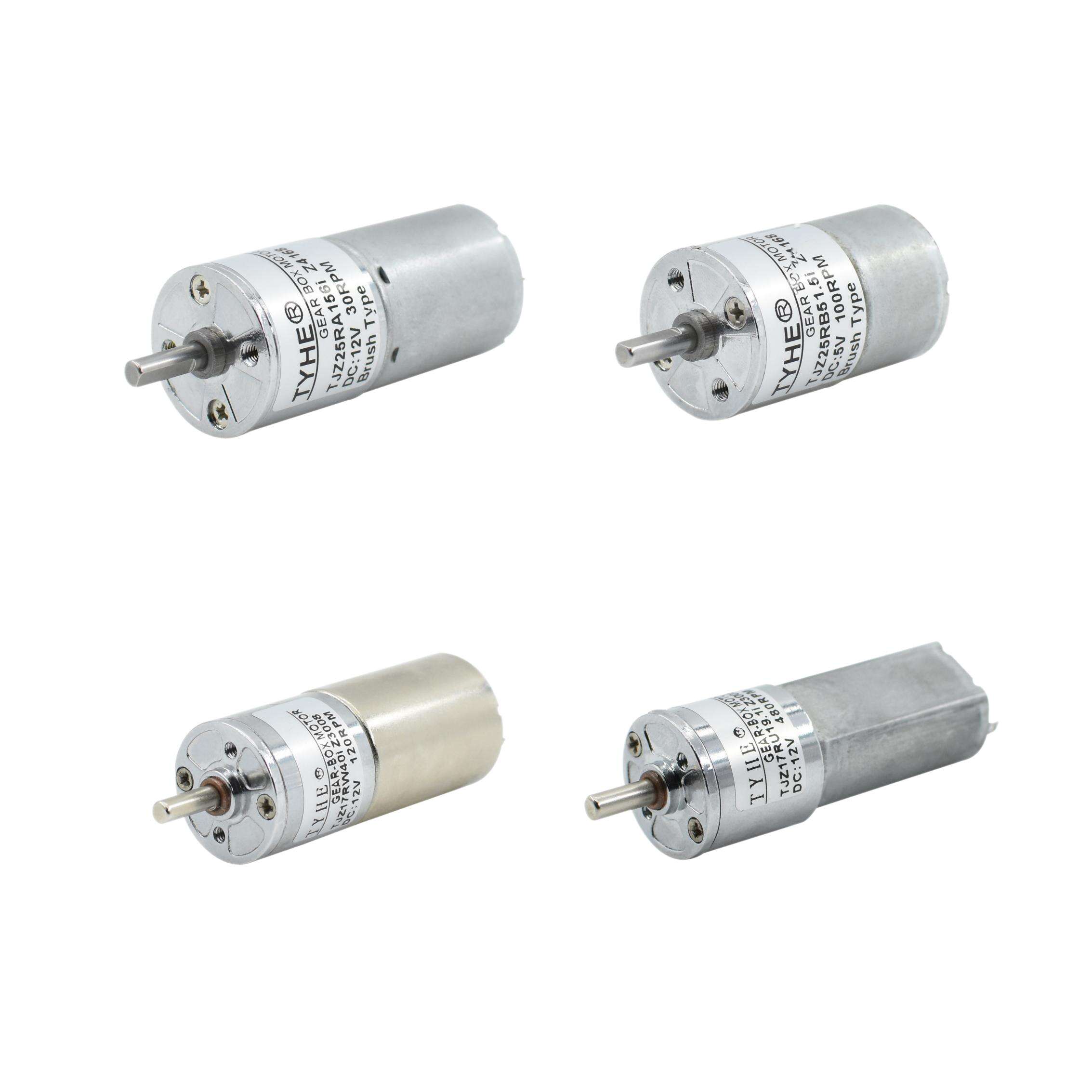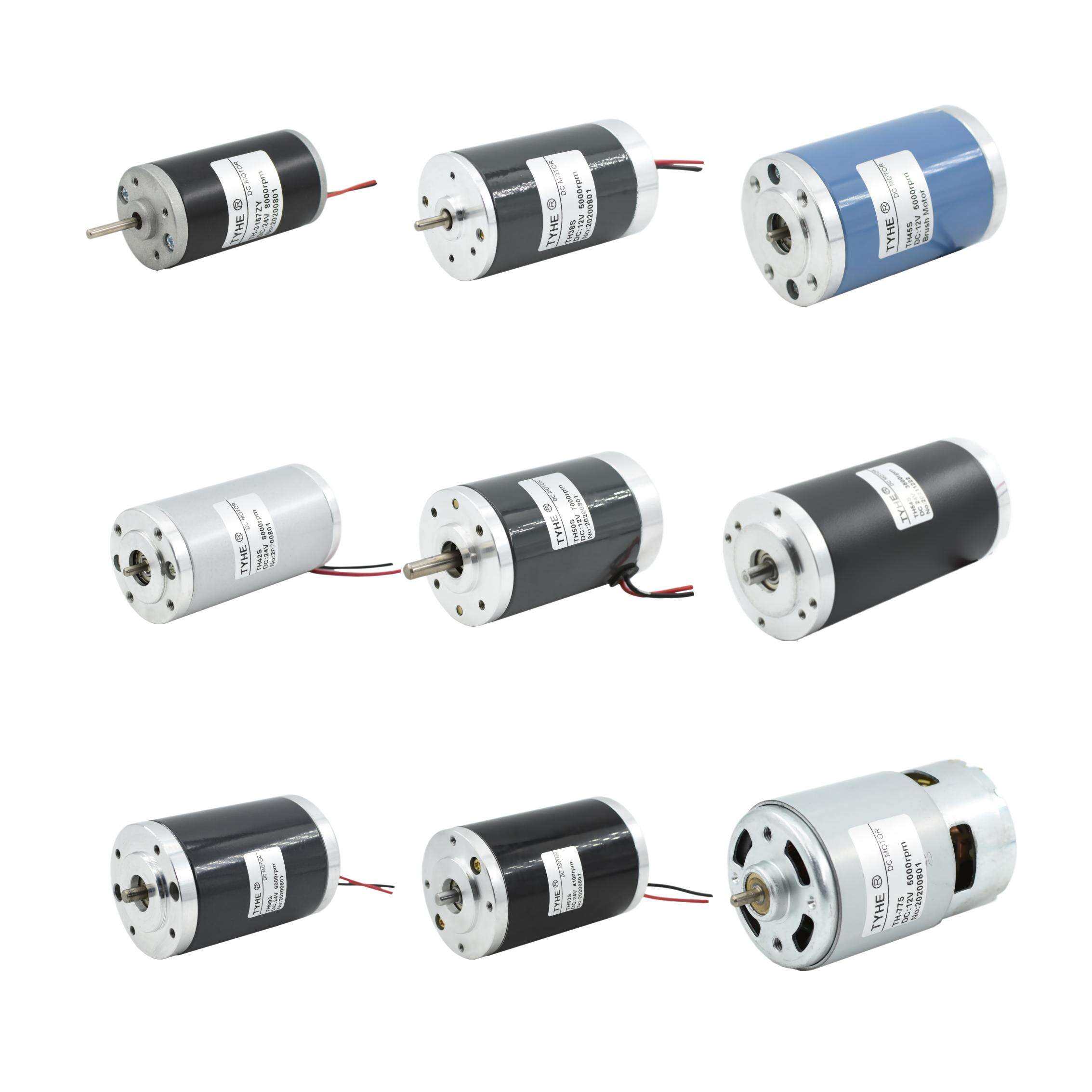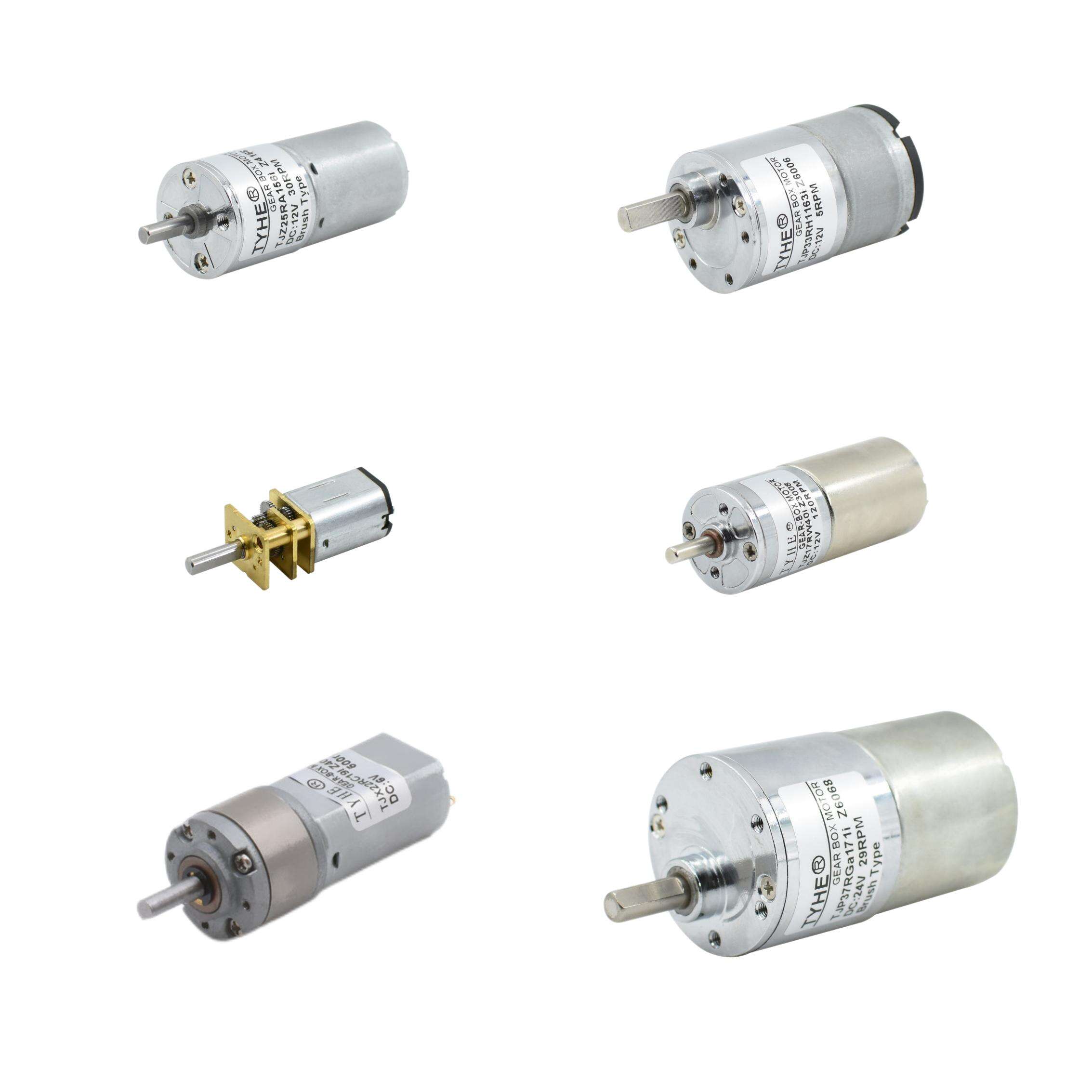micro dc motor price
The micro dc motor price landscape reflects the sophisticated engineering and versatile functionality of these compact powerhouses. Micro DC motors represent precision-engineered solutions designed for applications requiring reliable, controlled motion in constrained spaces. These motors typically range from $5 to $150 depending on specifications, torque requirements, and manufacturing quality. The micro dc motor price varies significantly based on core technological features including brush configuration, magnet materials, and precision tolerances. Primary functions encompass rotational motion generation, speed control through voltage regulation, and torque delivery for mechanical systems. Advanced micro DC motors incorporate permanent magnet construction, utilizing neodymium or ferrite magnets to optimize power-to-size ratios. The technological architecture features compact armature designs, precision-wound coils, and engineered commutation systems that ensure smooth operation across diverse operating conditions. Key applications span robotics, automotive systems, medical devices, consumer electronics, and industrial automation equipment. Modern micro dc motor price considerations include enhanced efficiency ratings, extended operational lifespans, and reduced electromagnetic interference characteristics. Manufacturing processes employ computer-controlled winding techniques, precision bearing integration, and quality control protocols that directly influence pricing structures. The micro dc motor price reflects investment in research, development, and manufacturing excellence that delivers consistent performance. These motors support voltage ranges from 1.5V to 24V, with current consumption optimized for battery-powered applications. Speed capabilities typically range from 100 to 20,000 RPM, accommodating diverse mechanical requirements. Torque specifications vary from micro-Newton meters to substantial force delivery for demanding applications. The micro dc motor price encompasses engineering innovations that maximize efficiency while minimizing heat generation and power consumption, making them ideal for portable devices and precision equipment requiring reliable, controllable motion solutions.

